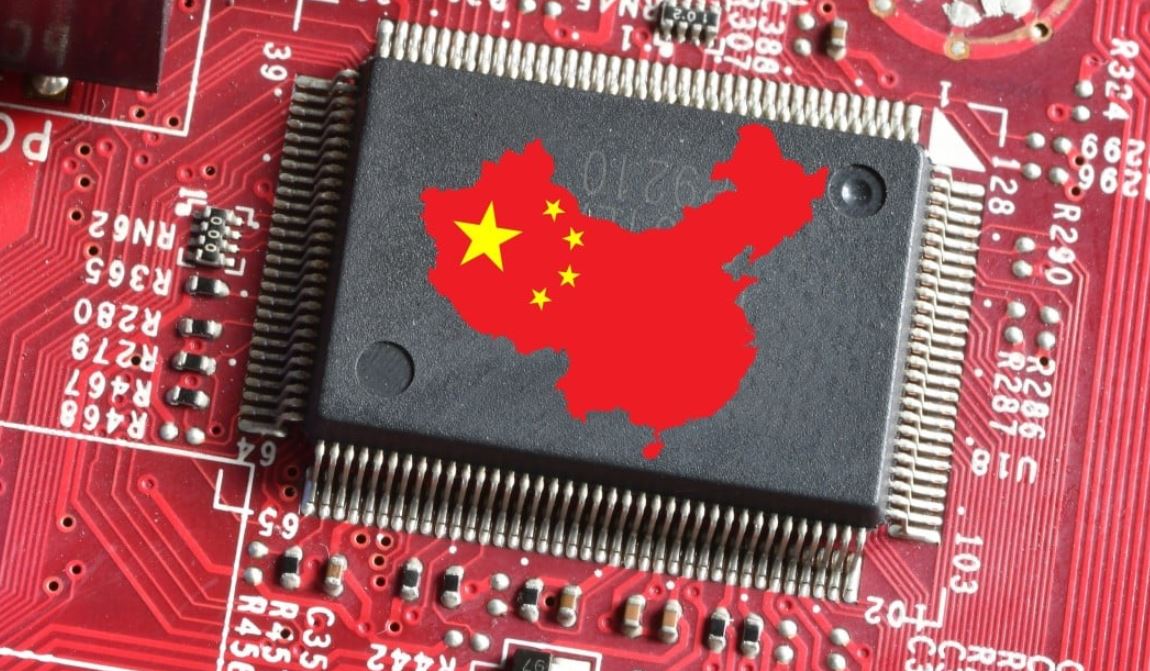China's $47.5 Billion Tech Gamble: The Bold Move Threatening Nvidia's Global Dominance

Innovation creates Chip wars..?
In a strategic and ambitious move, China has intensified its efforts to achieve semiconductor self-sufficiency by launching the massive US$47.5 billion Big Fund III. This substantial investment marks a critical step in China's quest to reduce its reliance on foreign technology, particularly from companies like Nvidia, and to fortify its position in the global tech race.
The Fall of Nvidia?
As China pumps billions into its semiconductor industry, the repercussions for Nvidia could be significant. Nvidia, a titan in the semiconductor arena, particularly known for its GPUs (Graphics Processing Units) that are critical for everything from gaming to artificial intelligence, may find its market share and influence threatened. China's aggressive funding and support for local semiconductor production aim not only to match but potentially surpass foreign tech giants like Nvidia in both innovation and production capacity.
China's Semiconductor Strategy
The Big Fund III is not just about financial investment; it's a clear signal of China's commitment to breaking through the technological blockade it faces amidst ongoing tensions with the United such as import restrictions and trade barriers. By bolstering its domestic capabilities, China aims to insulate itself from potential disruptions in the supply chain and to become a global leader in semiconductor technology.
Implications for the Global Market
China's push towards semiconductor self-sufficiency is likely to ignite a series of competitive responses from other nations and major industry players. For Nvidia, this means navigating a market where one of its largest potential customer bases, China, is turning into a competitor. This shift could lead to a significant reshaping of global semiconductor supply chains and market dynamics.
Moreover, the development of advanced semiconductor technologies within China could lead to more competitive pricing and innovations, potentially diluting Nvidia’s market share not only in China but globally. As China enhances its manufacturing prowess and reduces costs, global consumers and companies might opt for more affordable, domestically-produced alternatives, impacting Nvidia's sales and profitability.
Conclusion
China's US$47.5 billion investment in semiconductor self-sufficiency is a game-changing move that could significantly disrupt the global semiconductor market. For Nvidia, this development poses a formidable challenge. The company may need to accelerate its innovation, revisit its pricing strategies, and strengthen its non-Chinese markets to mitigate the impact of China's ambitious plans. As the semiconductor battle heats up, the industry watches keenly to see how global dynamics will shift in response to China's bold strides toward technological independence.